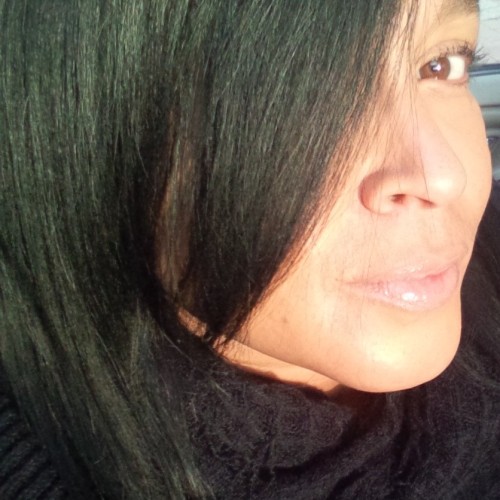I was fortunate to meet Kathryn (a co-founder of Memory Ball) along this journey that I am on. Fortunate is a word that you don’t hear often on the Alzheimer journey. Kathryn is considered a young caregiver. I used to hold that title, when my mom was diagnosed at 57, because I was 30, which was 18 years ago. The amount of time is easy to remember, as my mom’s diagnosis was right around the time my son was born.
Her diagnosis propelled me immediately into the sandwich generation. For those that don’t know what that is, the term Sandwich generation was coined by Dorothy Miller and Elaine Brody in 1981 to the social work and gerontology communities, respectively. (Miller, 1981) (Brody, 1981)
The concept originally refers to younger women in their thirties and forties who had children of their own but still had to meet the needs of their parents, employers, friends and others. Now that people are living longer, and children are requiring continued care, the sandwiching is now shared by both men and women who are in their fifties and sixties. (Wassel & Cutler, 2016)
Concepts are good, and a paragraph describing the sandwich generation does not do it justice. It was my decision to take care of my mom, I had the help of a live-in caregiver, so I believed it could be manageable. I had a son, a husband and a caregiver, I thought this shouldn’t be difficult. I am sure, most people were thinking the same thing. Many people who have no clue on the daily management of an individual with Alzheimer’s disease on what it entails, would think that. I had a husband, I had a child that needed me, I had a career that I was developing, and I needed to finish my graduate degree. I had goals and aspirations that I wanted to accomplish. My ex-husband worked afternoons, so all of my son’s activities, projects, were my responsibility. I tried to be super mom- I was part of the Parent/Teacher Association for all of my son’s elementary school. I tried to balance a normal life, how ambitious of me.
And then one day I imploded. As a caregiver, you will never have an employer that understands what it is like to be a caregiver, even with supports. I laugh at people who think that one person can provide care for someone who has Alzheimer’s disease. It is a progressive neurological degenerative disease. The sad part is that 18 years later the ignorance of the disease still exists.
I always say looking after my mom didn’t end my marriage, but it most definitely did not help. Your life immediately changes with a diagnosis. I didn’t think so when the doctor initially said my life would change. It does, immediately. I know it’s hard to believe, because physically, there are no changes. We are such visual creatures, unless something is not manifested physically, we tend not to believe it and the other thing is we don’t want to believe it. Who wants to believe their loved on has this disease? I know it took me a while to come to terms with it. After living with this disease for 18 years, I see how devastating it is, what it has done to my beautiful mom. My mom has been in palliative care for going on 3 years. Every day I deal with the reality that today could be her last.
My plight now is for people like me, the caregiver, and spreading awareness of this over 100 year old disease. In June, I spoke at an international conference in Paris, France and there are still people who are baffled by the statistics of this disease. In 2050 it is projected that dementia will affect 135.5 million people worldwide. It means that if you do not have dementia, you will be caring for someone who has it. It is not an easy job, and most of all for informal caregivers such as myself, it is unpaid. We save the health system billions of dollars per year and yet there are no supports for us.
In 2014 I published my first book, Alzheimer’s- What they forget to tell you. My second book Dementia & the Brain- What they forget to tell you, will be available in a few weeks (it is more of a text book). I am in the process of finishing my doctorate in Education. Over a year ago I started a weekly podcast on caregiver tips and caregivers call in to discuss their challenges. I am now starting my own foundation for caregivers to get them supports that they need.
I am honoured that Kathryn asked me to write a blog, it is people like her and events like Memory Ball, that understand this disease and the collateral damage it takes on the those that care for individuals with dementia, that want to and do make some real changes.

Brody, E.M. (1981). “Women in the Middle and Family Help to Older People”. Gerontologist. 21: 471–480.
Wassel, J.I. and Cutler, N.E. (2016). “Yet Another Boomer Challenge for Financial Professionals: The ‘Senior’ Sandwich Generation”. Journal of Financial Service Professionals. 70: 61–73.

Awesome bloog you have here
LikeLike